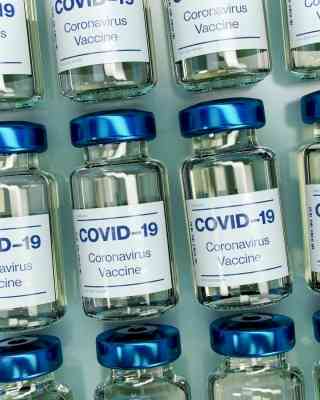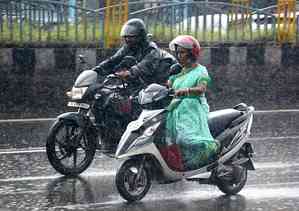Tips to prevent heat stroke by DMCH Docs
Summer has come and it is important to take care of you as chances of getting heat stroke related health issues are also increased.

Summer has come and it is important to take care of you as chances of getting heat stroke related health issues are also increased.
According to Dr Sandeep Puri, Principal and Professor Department of Medicine, DMCH, Ludhiana (Punjab) heat stroke occurs when your body temperature rises rapidly and you're unable to cool down and it can be life-threatening by causing damage to your brain and other vital organs. It is advisable for the general public that don’t ignore any symptoms of heatstroke and to seek medical help immediately, said Dr Puri.
Dr Dinesh Gupta Professor and Head Department of Medicine said that heat stroke is predictable and preventable, by following some tips we can prevent heat stroke, these are: wear loose fitting and light weight clothes, drink plenty of fluids, don’t go outside during the peak hours and take a healthy diet.
Dr Rajesh Mahajan Professor Department of Medicine highlighted that heat stroke signs and symptoms include: high body temperature in which a core body temperature of 104 F (40 C) or higher is the main sign of heatstroke, altered mental state or behavior like confusion, agitation, slurred speech, irritability, delirium, seizures, coma, dry skin, having nausea and vomiting along with rapid breathing and increased heart rate and headache can all result from heatstroke.
If you think a person may be experiencing heatstroke, seek immediate medical help. Shift the patient to the nearest emergency. Take immediate action to cool the overheated person while waiting for emergency treatment and get the person into shade or indoors, said Dr Mahajan.
Dr Vandana Midha, Professor Department of Medicine highlighted home remedies for heat stroke patients remove excess clothing and cool the person with whatever means available — put in a cool tub of water or a cool shower, spray with a garden hose, sponge with cool water, fan while misting with cool water, or place ice packs or cold, wet towels on the person's head, neck, armpits and groin.


 City Air News
City Air News 








